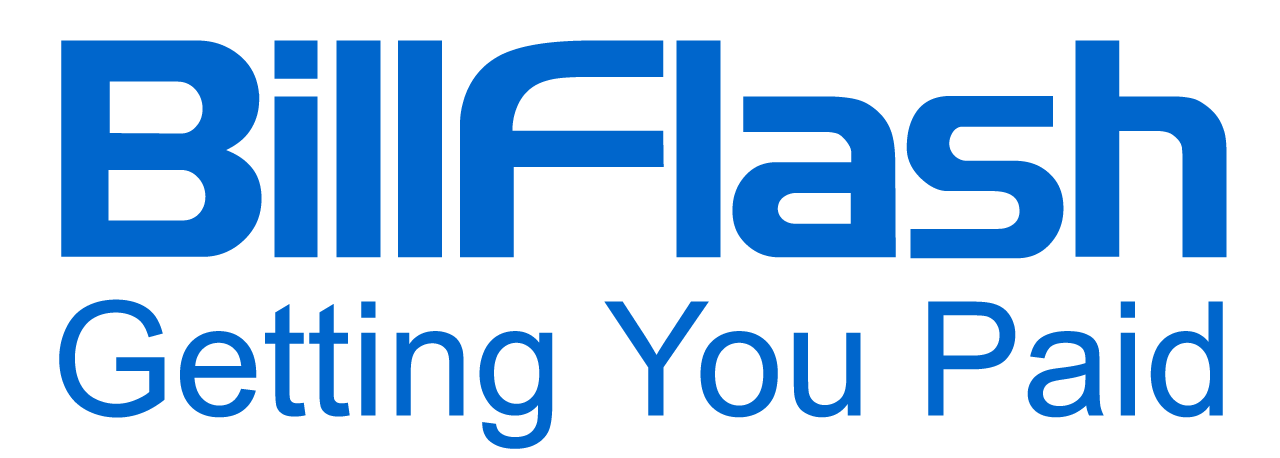Unlock the potential of your practice with this comprehensive guide to practice management software.
Practice management software is an essential tool for healthcare providers to efficiently manage their practices and deliver quality care to their patients. In this comprehensive guide, we will explore the definition of practice management software, its key functions, and the importance of implementing it in your practice. We will also delve into how practice management software works, the factors to consider when choosing the right software, and the implementation process.
Understanding Practice Management Software

Practice management software refers to a system or platform that assists healthcare professionals in managing the administrative and operational aspects of their practice. It provides a centralized solution for scheduling appointments, managing patient data, handling billing and payment processes, and facilitating communication between staff members.
Definition
Practice management software is a vital tool for healthcare professionals, helping them efficiently manage their practices and provide quality care to their patients. This software acts as a comprehensive solution, integrating various functions and automating time-consuming tasks. By eliminating manual processes and streamlining workflows, it allows healthcare professionals to focus more on patient care and less on administrative tasks.
Key Functions
- Appointment Scheduling: The software enables efficient appointment scheduling, allowing practitioners to optimize their daily schedules and avoid overlapping appointments. With advanced features like automated reminders and online booking, patients can easily schedule appointments, reducing no-shows and improving overall patient satisfaction.
- Patient Record Management: Practice management software automates patient record management, including demographic information, medical history, documentation of visits, and test results. This ensures accurate and accessible patient information, enabling healthcare professionals to make informed decisions and provide personalized care. The software also ensures compliance with privacy regulations, maintaining the confidentiality and security of patient data.
- Billing and Insurance: The software simplifies billing and insurance tasks, enabling practitioners to generate accurate bills and submit claims electronically. By automating these processes, practice management software improves cash flow and reduces administrative errors. It also integrates with insurance systems, allowing for real-time eligibility verification and faster reimbursement.
- Communication and Messaging: Practice management software facilitates inter-staff communication by providing features such as secure messaging and notifications. This enhances collaboration and coordination within the practice, ensuring that everyone is on the same page. Healthcare professionals can easily communicate with their colleagues, share important updates, and discuss patient cases, leading to improved teamwork and better patient outcomes.
- Reporting and Analytics: The software offers robust reporting and analytics capabilities, providing valuable insights into practice performance, patient outcomes, and financial metrics. Healthcare professionals can generate detailed reports on various aspects of their practice, such as appointment statistics, revenue trends, and patient satisfaction. These insights help identify areas for improvement, make data-driven decisions, and optimize practice operations.
The Importance of Practice Management Software

Practice management software is a vital tool in the healthcare industry, revolutionizing the way healthcare providers manage their practices. With its numerous benefits, this software has become an essential component of modern healthcare systems.
Streamlining Administrative Tasks
One of the primary advantages is its ability to automate administrative tasks. By eliminating the need for manual paperwork and repetitive processes, this software allows healthcare providers and their staff to dedicate more time and energy to patient care. With streamlined administrative tasks, healthcare professionals can focus on what they do best – providing quality healthcare services.
Moreover, practice management software reduces the risk of errors that can occur during manual data entry or paperwork. By automating these processes, the software minimizes the chances of mistakes, ensuring accurate and reliable information management. This, in turn, improves the overall efficiency of managing practice operations and enhances the quality of patient care.
Enhancing Patient Care
Practice management software plays a crucial role in enhancing patient care by improving access to patient data and streamlining workflows. With this software, healthcare providers can quickly retrieve patient information, including medical history, previous diagnoses, and treatment plans. This easy access to comprehensive patient data enables healthcare professionals to make informed decisions and deliver personalized care.
Furthermore, the software facilitates effective communication and collaboration among healthcare providers, ensuring seamless coordination of care. With streamlined workflows, healthcare teams can work together more efficiently, leading to improved patient outcomes. The software also enables healthcare providers to track and monitor patient progress, ensuring that treatments are effective and adjustments can be made promptly if necessary.
In addition, it often includes features such as appointment scheduling and reminders, which help reduce no-shows and improve patient engagement. By sending automated reminders and facilitating easy appointment scheduling, the software ensures that patients receive timely care and follow-up, enhancing their overall experience and satisfaction.
In conclusion, practice management software is a game-changer in the healthcare industry. By automating administrative tasks and enhancing patient care, this software improves the efficiency and effectiveness of healthcare practices. With its numerous benefits, practice management software is an invaluable tool for healthcare providers striving to deliver high-quality care to their patients.
How It Works

Practice management software is an essential tool for healthcare professionals, helping them streamline their daily operations and provide efficient patient care. This software follows a structured workflow that simplifies the management of various tasks and processes.
The Workflow of Practice Management Software
The workflow is designed to ensure smooth and organized operations within a healthcare practice. It typically includes the following steps:
- Appointment Scheduling: Healthcare professionals can schedule patient appointments conveniently using the software's scheduling module. This module takes into consideration patient preferences and staff availability, making it easier to manage and optimize the appointment schedule.
- Patient Registration: Patients can provide their demographic information and medical history through online registration forms. These forms are securely stored in the software's database, ensuring easy access to accurate patient information when needed.
- Check-In: Upon arrival, patients can check-in using a self-service kiosk or through an online portal. This reduces waiting times and enhances the overall patient experience, as they can complete the check-in process quickly and efficiently.
- Visit Documentation: Healthcare providers can efficiently document patient visits using the software. This documentation includes recording symptoms, diagnoses, treatment plans, and prescriptions. By having all this information in one place, healthcare professionals can ensure accurate and comprehensive medical records.
- Billing and Claims: Practice management software simplifies the billing process by generating electronic bills and submitting insurance claims. This automation reduces the chances of errors and improves reimbursement rates, ensuring that healthcare providers are properly compensated for their services.
- Follow-Up and Reminders: It can automatically send appointment reminders and follow-up notifications to patients. These reminders help improve patient compliance and reduce the number of no-shows, ultimately enhancing the continuity of care.
Integration with Other Systems
Practice management software often integrates with other systems to enhance its functionality and provide a more comprehensive solution for healthcare practices. Two co
Going Forward with BillFlash
With BillFlash, practices can go further by optimizing their revenue cycle, efficiently collecting past-due A/R, and providing patients with a convenient and secure payment experience. With a user-friendly interface and industry experts available for all your billing, payments, and collections needs, BillFlash is the perfect solution for small practices.

